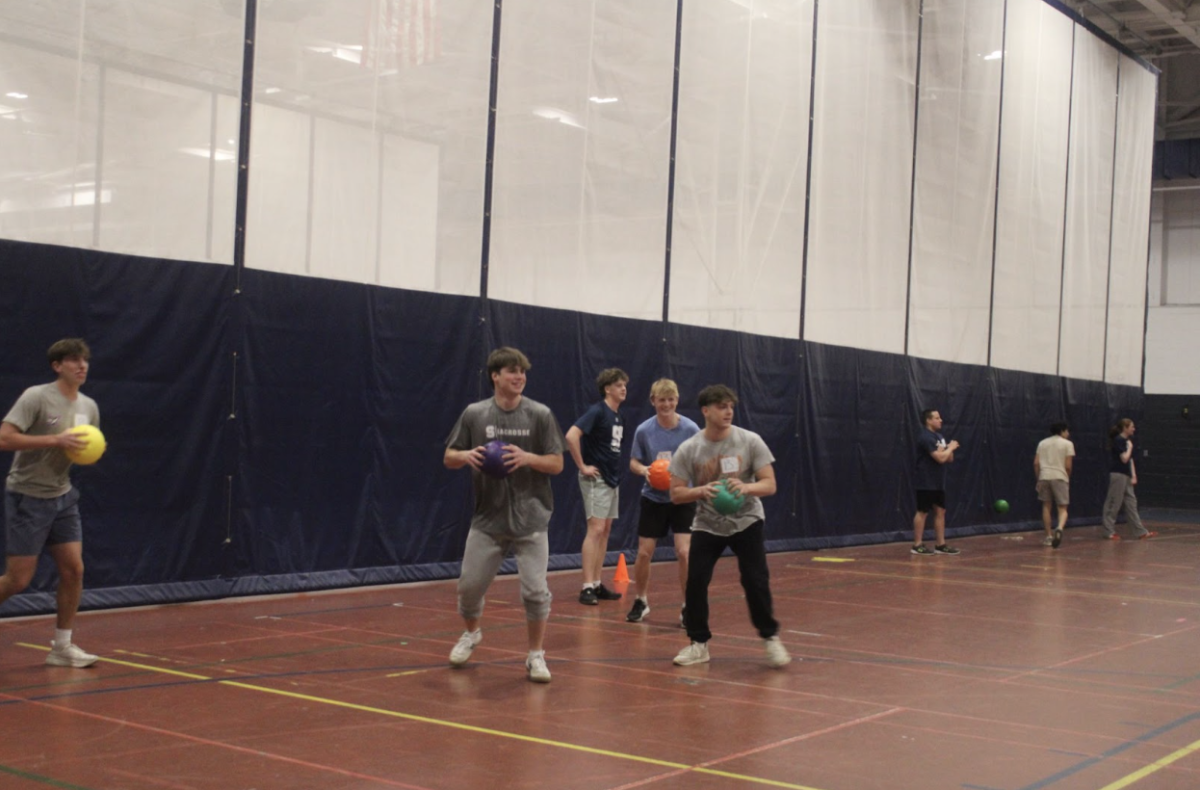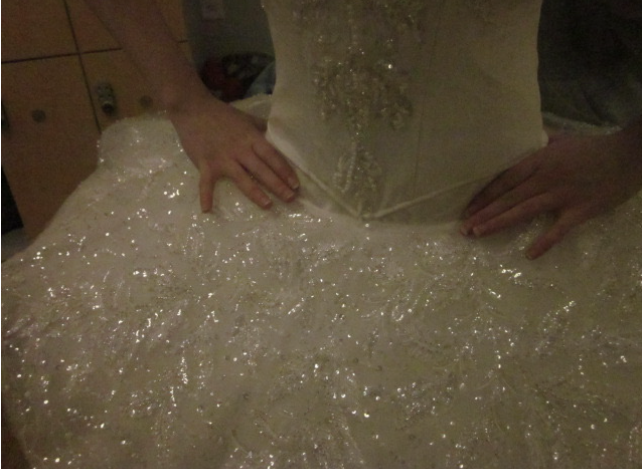
When searching “Women’s NCAA basketball” on Google, one would expect a long list of links leading to stories about the success of the Uconn women’s winning streak, features on Baylor’s star player Brittney Griner, or even recent victories by the Tennessee Volunteer’s .
But that’s not what Google spits out.
Instead you will receive a long list of links leading to men’s college basketball. When getting redirected like this by Google, it makes one wonder about the state of women’s sports in America.
How do women’s sports compare to men’s? Where are all of the great women’s sports stories? How much of a fan base do women’s sports generate? Inklings contacted Bob Costas, an NBC sports broadcaster and an influential name and well known face in the sports broadcasting business. We asked Costas, and he answered, questions comparing men and women’s sports.
In your opinion what are the greatest female sports stories and athletes?
One of the greatest stories involving women’s sports is the ongoing excellence of the UCONN Women’s Basketball Team. As of today, they have won 80 consecutive games, 8 fewer than UCLA’s all time collegiate record. Granted the circumstances and competition are different, but it’s still quite an achievement. In recent years, soccer stars like Mia Hamm have been important figures. And those who excel in the Olympics always command a larger audience than women’s sports in general – so a sprinter like Allyson Felix, or a skier like Lindsay Vaughn have to be considered. So too would golfers, like the recently retired Annika Sorenstam, and Lorena Ochoa.
Do you believe that women’s sports are covered enough in the media?
Perhaps not, but there’s a bit of a chicken and egg aspect to this. The coverage reflects what editors and producers believe is the present level of interest. On the other hand, the greater the coverage, the greater the interest figures to be. I think it’s a trap for women – both athletes and fans – to measure their success against the popularity of men’s sports. It’s an already crowded field with many sports and leagues established for decades and decades before women truly began to break through. The most important thing is increased opportunities for women to participate in sports, and for fans of both genders to follow women’s sports if they want to. We’ve certainly come a long way in that direction.
I am a fan of your opinion pieces and value your commentaries. If you were to do an opinion piece on professional women’s sports, what would you want to say about women’s sports?
The main point I would make about women’s sports is that in the space of just a few generations, and with the help of Title IX, sports minded women have gone from “tomboy” rarities to something we expect and respect. When I was a kid I participated in many sports, my sister participated in none. A generation later, my son and daughter both had many athletic opportunities, and actively participated in a number of sports. That’s the real measure of progress.
Do you believe the fan base that male sports generates makes men’s sporting events more enjoyable to attend? What could be done to increase the fan base of women’s sports?
Women’s sports generate considerable fan interest in the context of the Olympics, many collegiate settings, and professional golf and tennis. Beyond that, despite the excellence of the athletes; I’m not sure what can be done to get more people to attend women’s professional soccer or professional basketball games when fans of both genders seem to be more engaged in the men’s version.
Title IX has changed the landscape of women’s collegiate and high school sports. Why haven’t we seen bigger, more profitable leagues of women’s sports?
The answer here relates to my answer to the previous questions. Title IX has had a tremendous impact in the most important area – the opportunity to participate. But with the landscape of spectator sports filled with so many established options, it’s pretty tough to break through. The same mom and dad who wouldn’t miss one of their daughter’s soccer or basketball games, or swim meets, probably would prefer to attend an MLB game or NFL game over a professional women’s event to which they had no direct connection. It’s probably not realistic to expect a baseball fan (outside the Olympics) to prefer watching Jennie Finch pitch softball to Tim Lincecum pitch baseball.
Are you concerned that high school sports are becoming “professionalized” like college sports (pressure to win, media overexposure on cable channels, year-round training)?
There is a trickledown effect, where some of the worst attitudes and absence of perspectives have infected first college sports, and now high school sports as well. When it comes to sports, some people lose all sense of proportion. Many of the media influences; talk radio, the internet, ESPN, etc., contribute to a rabid, rather than reasonable approach.













































